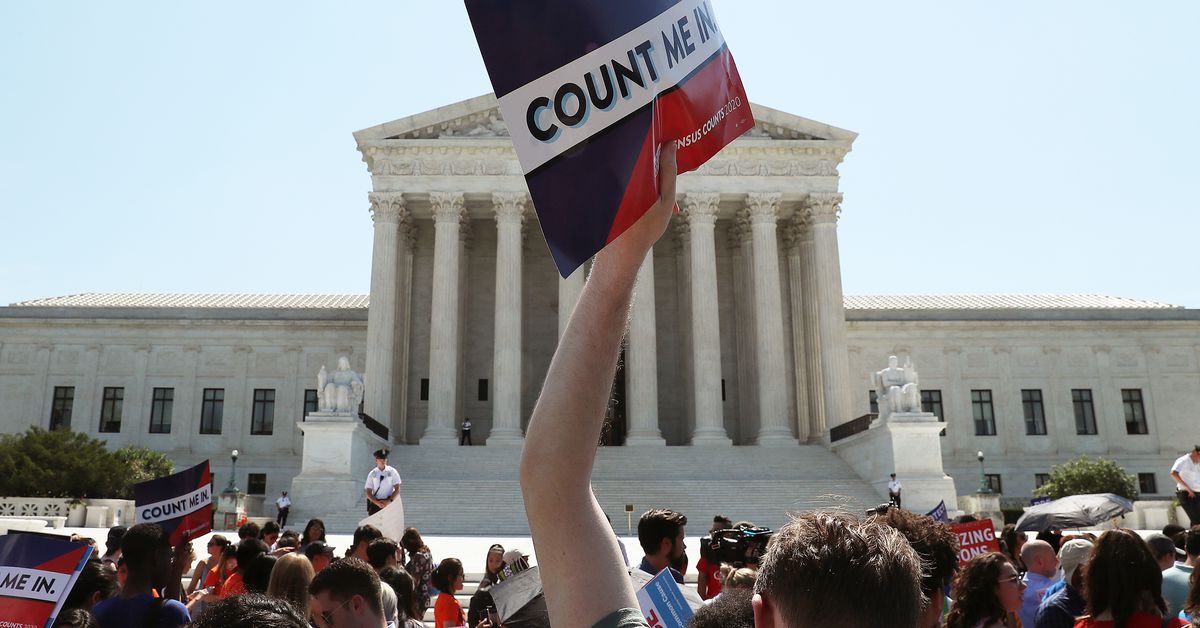Rube Reaper
Elite
- Joined
- Nov 15, 2021
- Messages
- 2,836
Let me be explicit about just how weak the arguments are supporting the independent state legislature doctrine: Any judge who, after reading the briefs in this case, concludes that the ISLD has merit is either too incompetent to practice law or too blinded by ideology to sit on any court.

 www.vox.com
www.vox.com
The ISLD is one of those legal arguments that, if I can borrow some choice words from the late Justice Antonin Scalia, periodically rises “like some ghoul in a late night horror movie that repeatedly sits up in its grave and shuffles abroad, after being repeatedly killed and buried.”

The deranged Supreme Court case that threatens US democracy, explained
Moore v. Harper is a test of whether this Supreme Court can ever be trusted with power.
 www.vox.com
www.vox.com
The ISLD is one of those legal arguments that, if I can borrow some choice words from the late Justice Antonin Scalia, periodically rises “like some ghoul in a late night horror movie that repeatedly sits up in its grave and shuffles abroad, after being repeatedly killed and buried.”
